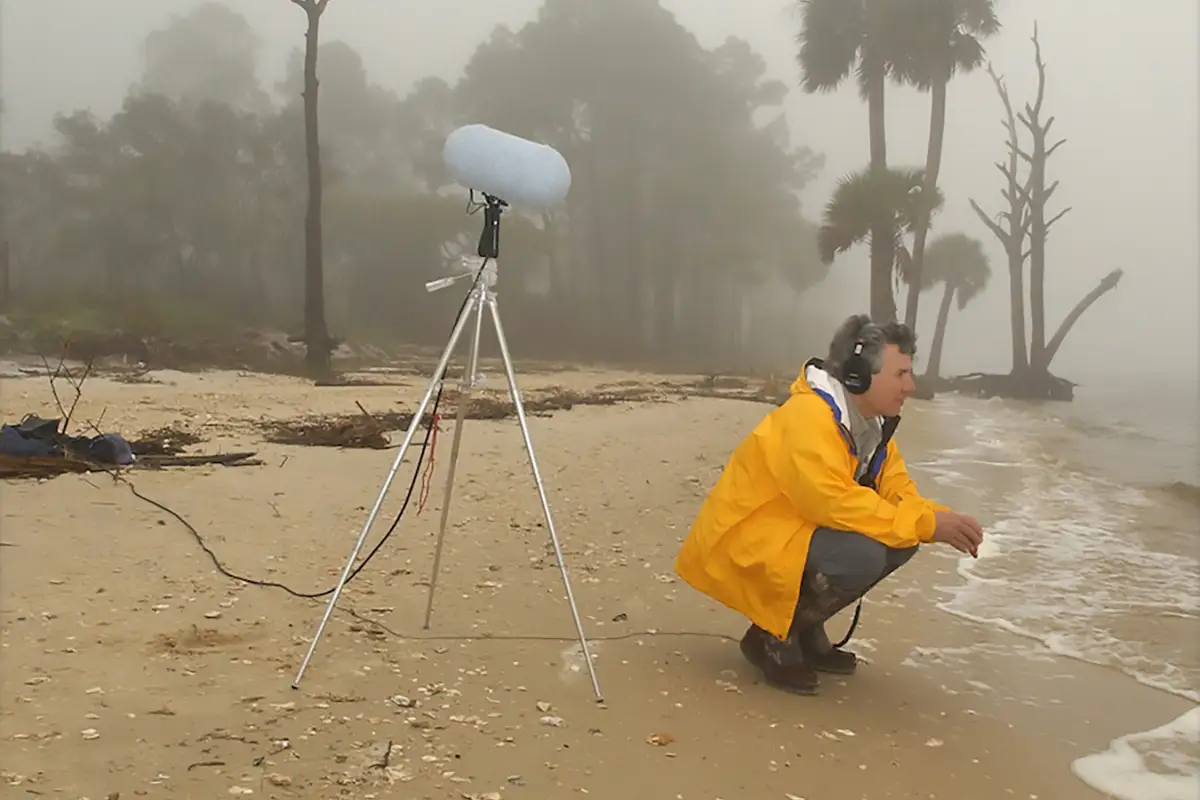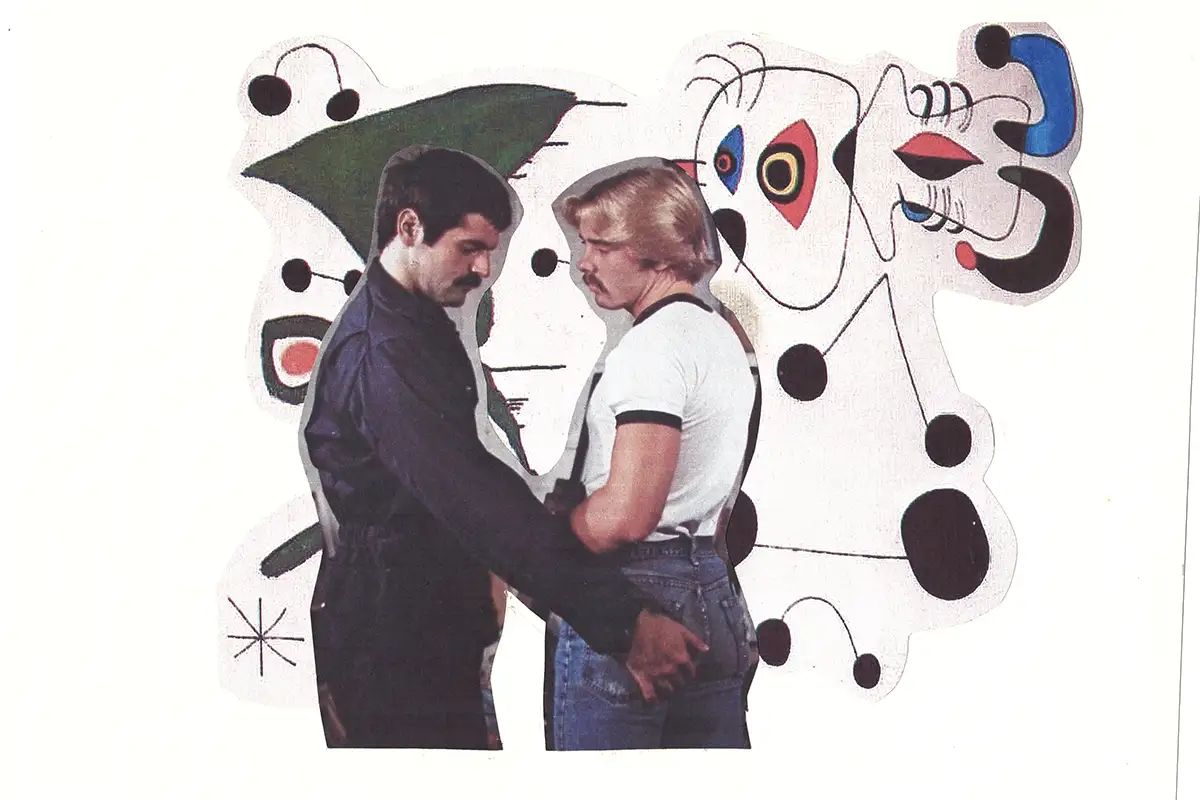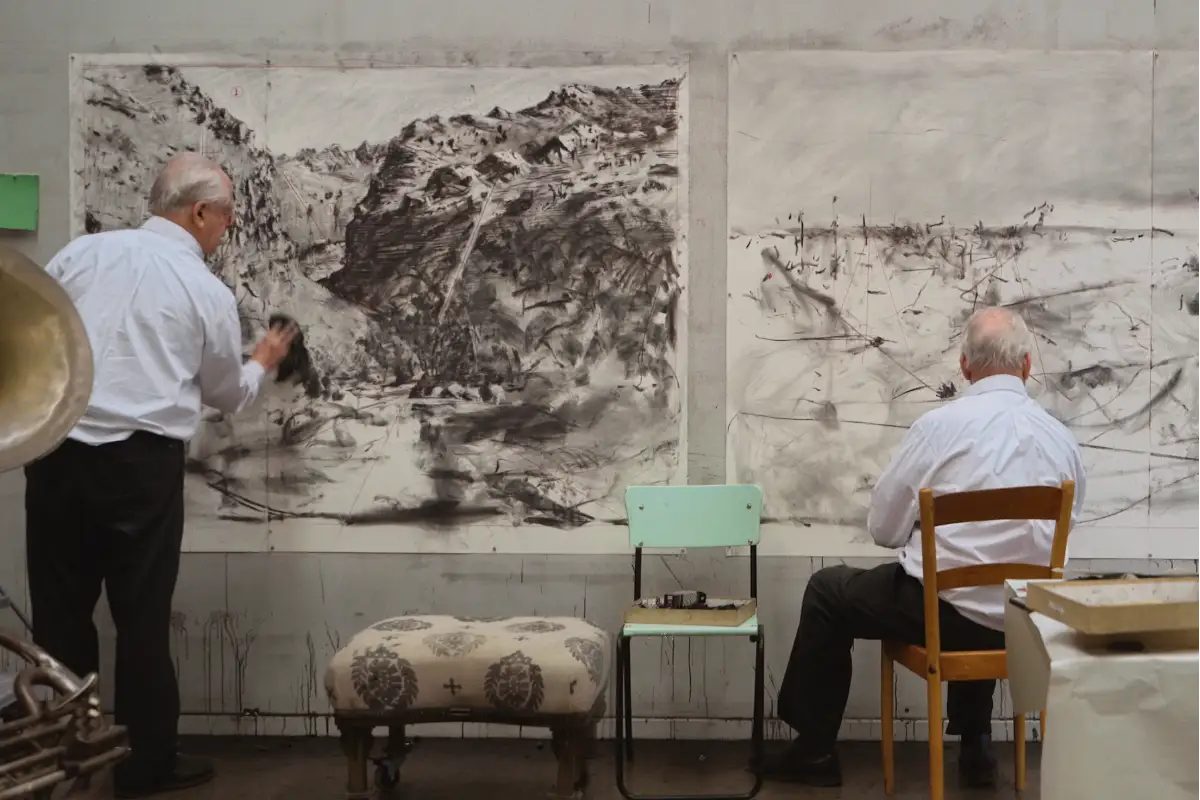Masturbation, shame and societal taboos are the point of discussion of the independent documentary Four verses of self-pleasure
Four verses of self-pleasure: Women’s pleasure and masturbation
When it comes to women’s pleasure and self sex it’s complicated. Pleasure has to face lack of knowledge – and acknowledgment – as well as the discomfort of women towards their own satisfaction. Masturbation is often perceived as a problem, rather than a resource, as it should be: a pause from stress and self-care, a journey into intimacy.
Masturbation deviates from the norm – namely to arouse male desire. What if self sex was primarily an act of self-love? Two directors – Heleni Smuha and Clara Ràfols – dove into the matter by inviting women to talk about their experiences with masturbation and beyond, with an intersectional and feminist perspective. Lampoon reviewed the documentary Mojarse en cuatro versos – Four verses of self-pleasure, an independent production that was presented at the Twenty-fourth edition of the Malaga documentary festival, Women’s rights special selection.
Lampoon reviews Four verses of self-pleasure
The documentary explores the poetic aspect of pleasure – rather than data or assumptions about the subject: «We didn’t want a reportage with numbers or scientific facts, we are not there. The first thing we felt we needed to do is to talk about the subject. We wanted to show that there is no such a thing as female masturbation. There is a variety about female masturbation and it’s not a gender thing, but a human thing. It goes more into the emotional experience rather than facts that we present», explained Smuha.
The documentary presents the stories of a group of women – diverse according to age, gender identity, sexual orientation, social extraction and origins. The process of discovery – a journey of pleasure – worked both ways, with the directors being interviewed in the process: «I understood that this space was a space where I could understand myself through the documentary. This personal investigation influenced us a lot in the way we made the film», said Rafòls. Step I: identify the dirty laundry, ‘we dive innocently into the sea of silenced memories’.
There is a hidden level, where poetry takes over. A washing machine on a roof and pieces of paper, written pages drying on the line – the thoughts and feelings of the protagonists, which helped them going through the difficult process of remembering. Shame was the starting point of the entire process «Masturbation should be something natural, but it is not. It’s often connected to bad thoughts. In the first chapter we have many characters expressing shame, especially for the first approach to masturbation. Salima said that there were things that happened when she was a kid and then she didn’t remember until we asked her», explained Smuha.
The directors went through the same process of questioning, explains Smuha: «The thing that was most difficult as a director to approach was in the third chapter, the phase of the washing: of stigma, trauma and stereotypes. This chapter is about the aspects beyond pleasure: it’s about self-esteem, how we relate to our bodies, sexuality at large also benefits. When we think about masturbation, we tend to think it’s about pleasure only, but it’s way more than that».
Women in the cinema industry
Masturbation was not the first focus that came up to tackle the subject of women’s pleasure and self-affirmation – orgasm came first. However, it ended being too much exploited by the mainstream industry. «At the time it was about sexuality more at large and about orgasm. We had this casting in our school, where we studied, we had around thirty people showing up». In the end ten people were interviewed, seven shown in the documentary.
The choice of a feminist perspective was «a conscious decision we made», said Smuha. «It was nearly an all-female crew. We wanted to do this because cinema is such a macho industry and there is fewer opportunity to work in cinema for women. We also felt that to have this holistic feminist approach we wanted to also have it in the creation process».
Heleni Smuha and Clara Ràfols
The idea of the film documentary was born in in the shared apartment of Smuha and Ràfols, both former students at ECIB Escuela de cine de Barcelona. Together the directors found moments of sharing and relief in the common washing machine room, an object that became central to the documentary plot.
However, finding the washing machine as an object of ‘purification’ was not something intended since the beginning, because the plot unrolled in accordance with the feelings of the two directors: «It’s not something we decided, it was our way of discovering the topic. I think the documentary was the result of the mirror we were living. The washing machine did not come up since the beginning of the script, it was something that appeared in the middle. It was something happening in our experience because we were living in an apartment where we shared the washing machine. It was a development of our metaphors».
Women’s point of view in porn
Porn is another subject discussed in the documentary. «For a while I didn’t talk about this», said Ràfols. The director went through a personal process of self-knowledge: «Love connected to sex: now I know that I don’t like having sex without care or love».
«Love in a broad sense or more romantic? », asks Smuha. «I don’t know how to explain this. I would say an authentic connection, something clean and pure». The discussion then dives into what is ethical porn – «actors paid, consent, female directors. There is a type of porn that does not have this male gaze, it’s less accessible. What I try to do nowadays is to spark sexual creativity rather than insist on images you have already seen», says Smuha.
The taboo of female self-love
At the end of the documentary one of the interviewees asks: «Why setting up all these barriers?». We asked the same to the directors and the answer showed the feminist angle of the script: «We, women at large, don’t want to put these limits. It’s the culture, the religious heritage related to female sexuality. The connection with oneself is power, knowledge, whether it’s pleasure or understanding yourself beyond knowledge. Patriarchal society is not beneficial. Throughout history, with witch hunt for instance, the barriers have been imposed on us and it comes from there. It’s a constant battle to free ourselves from it. We have to ask ourselves ‘How can I treat myself in the best way?’ Because society doesn’t have necessarily the interest for this. It’s an obvious taboo».
Mojarse en cuatro versos documentary
Four verses of self-pleasure (original title Mojarse en cuatro versos) is a documentary released in 2021 by filmmakers Heleni Smuha & Clara Ràfols. In the documentary, seven women and one nonbinary person with different sexual orientations, age categories, and racial heritage embark on a journey of deeper understanding regarding their relationship with masturbation.
The movie was presented at the Twenty-fourth edition of the Malaga documentary festival, Women’s rights special selection and it was selected for the 2021’s Barciff – Barcelona Indie Filmmaker Fest.




















